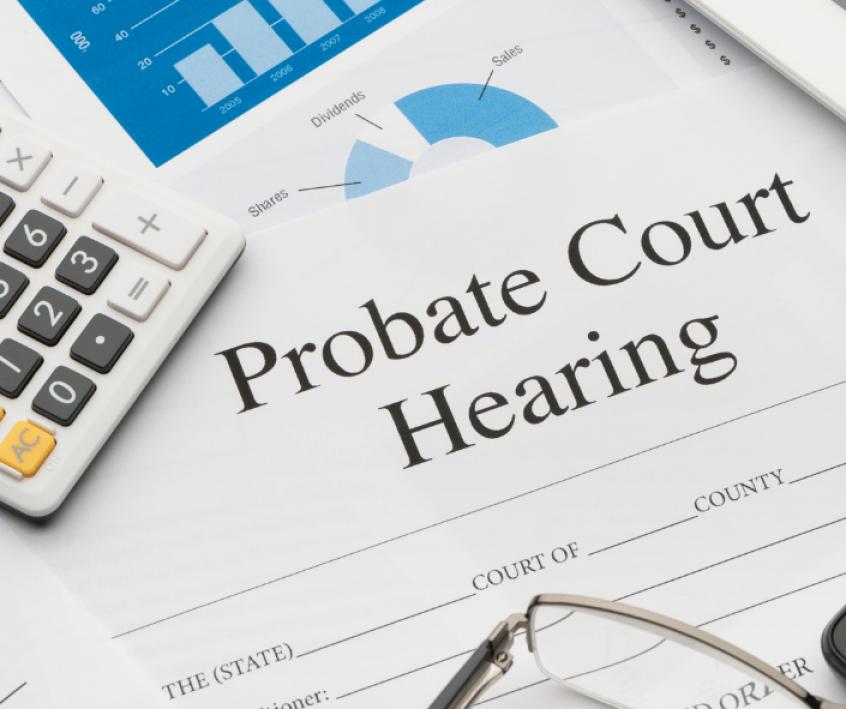
While a will is meant to clearly reflect a person’s final wishes, disputes can arise when beneficiaries or family members believe the document is invalid, unfair, or created under questionable circumstances. Contesting a will during probate is a legal right but only under specific conditions and within certain time limits. Whether you’re questioning the will or defending it, it’s important to understand the legal process and what counts as valid grounds for a challenge.
Not just anyone can challenge a will and not just any reason will be accepted in court. Most states require that a person have standing (meaning they’re a beneficiary, heir, or someone with a legal interest in the estate), and they must prove one or more of the following legal grounds:
Lack of Testamentary Capacity: The testator (person who made the will) did not understand what they were doing when the will was signed due to mental illness, dementia, or other impairments.
Undue Influence: The testator was pressured, manipulated, or coerced into creating or changing the will in a way that benefited someone else.
Fraud or Forgery: The will was faked, altered, or created using false information.
Improper Execution: The will was not signed according to state law, such as missing witnesses or an invalid signature.
Revocation by a New Will: A more recent will exists and supersedes the one currently in probate.
Only people who have a legal interest in the estate can contest a will. This generally includes:
Beneficiaries named in the current or a previous will
Heirs-at-law (such as children, spouses, or parents who would inherit under intestate succession laws)
Creditors who are owed money from the estate
Strangers, distant relatives with no legal claim, or disinherited individuals without legal grounds typically cannot bring a valid challenge.
Contesting a will must happen within a limited time, which varies by state. Most jurisdictions set the deadline between 30 and 120 days after probate begins. Missing this window can mean losing your right to challenge the will permanently.
Once a petition to contest is filed, the process becomes a formal court dispute. Both sides may present evidence, gather witness testimony, and participate in hearings. Probate litigation can be costly, stressful, and lengthy sometimes lasting months or even years depending on the complexity of the case.
Courts prioritize the intent of the deceased and require clear and convincing evidence to overturn a will.
Two of the most difficult yet common claims in will contests are undue influence and fraud. These are often used when a person was unexpectedly disinherited or when one beneficiary received a disproportionate share.
To prove undue influence, courts look at:
Whether the testator was in a vulnerable condition
If the influencer had a close relationship and opportunity to manipulate the testator
Evidence of secrecy or sudden changes to the will
Testimony from doctors, caregivers, or others who knew the testator
Fraud claims, such as forging a signature or presenting a fake will, usually require forensic experts or witnesses who can testify about the events surrounding the document’s creation.
Contesting a will isn’t always the best or only path forward. In some cases, families can settle disputes out of court through:
Mediation: A neutral third party helps both sides reach a compromise
Settlement agreements: Parties agree to divide the estate differently without a court decision
Renunciation or disclaimers: Beneficiaries waive or adjust their inheritance voluntarily
These options can save time, reduce emotional stress, and avoid expensive legal fees.